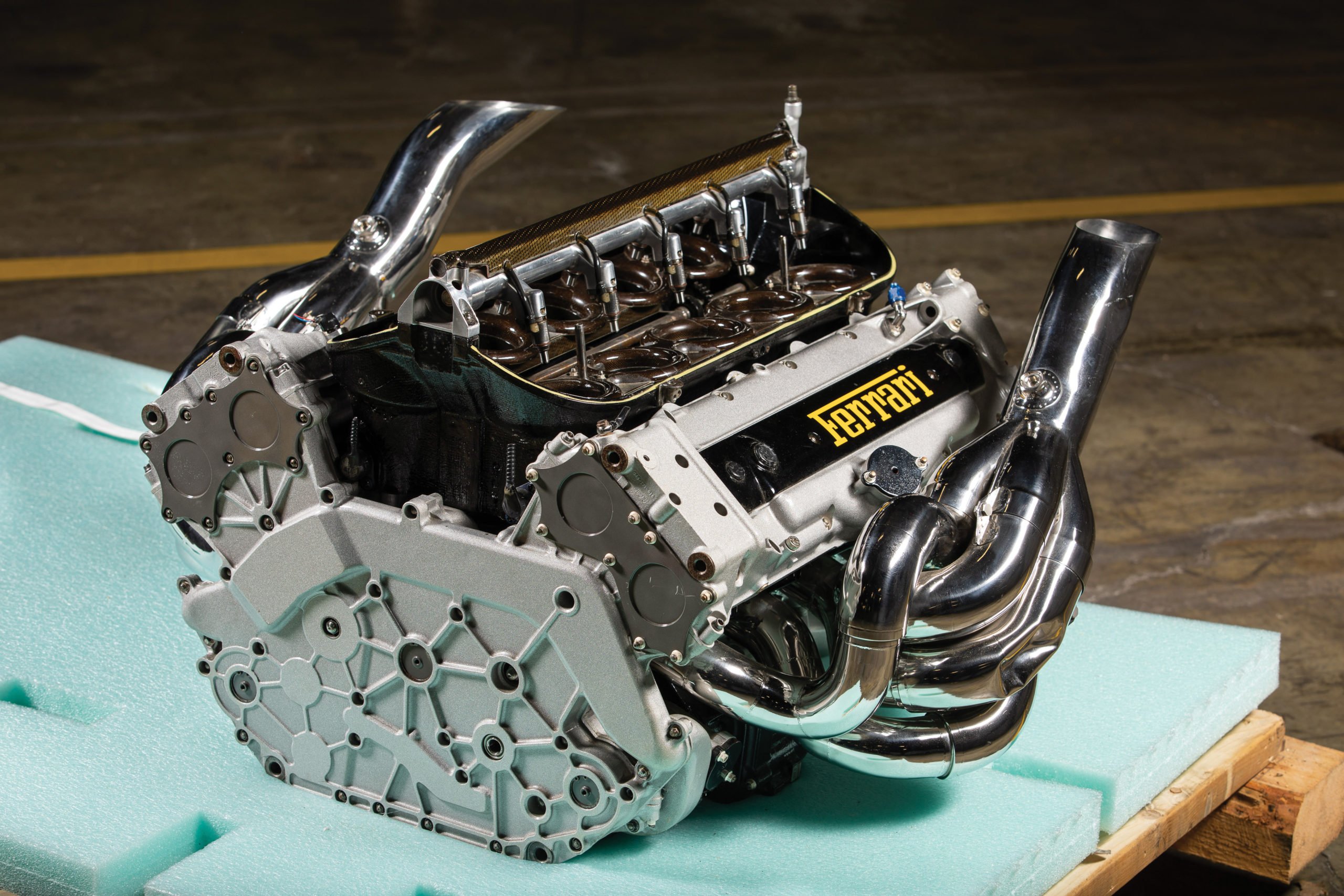For obvious reasons, it is easier to make an engine with a short stroke (i. e. The distance between top dead centre and bottom dead centre) rotate quicker than an engine with a long stroke. The roar of a formula 1 engine is more than just noise—it’s the heartbeat of the sport, a symphony of speed and power that captivates fans worldwide. Over the decades, the sound of. Firstly, no, there has been no explicit sound abatement regulations or technologies added to f1.
This allows them to accelerate quickly and reach speeds in.
Experience The Thrill Of Glide: This Glider Is Exceptional
The Heartbreaking Story Of A Neglected Snake: Its Tank Tells All
Unlock Flint's Secret: Explosive Plant Growth!
